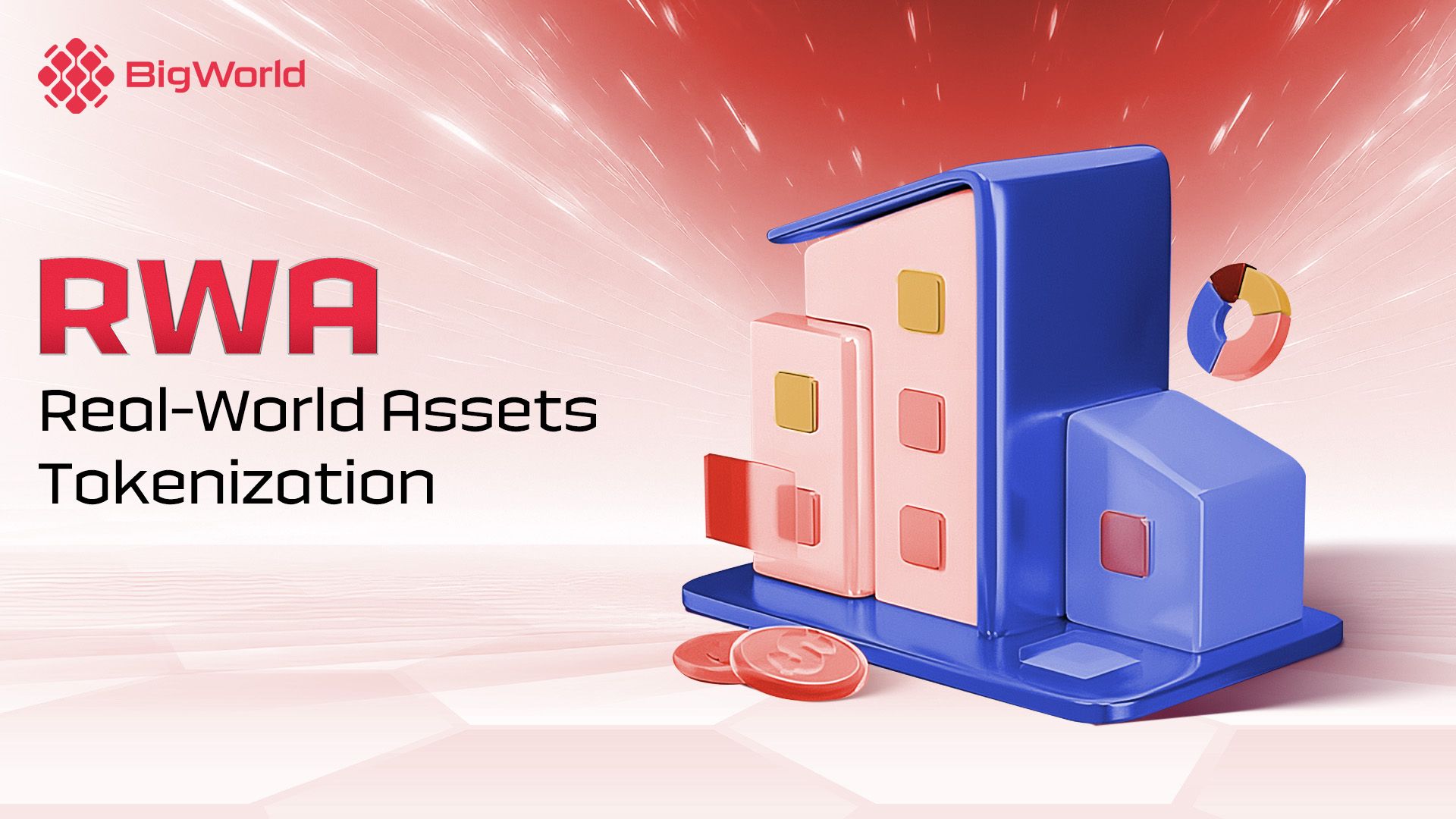Tokenized Real-World Assets (RWA) and Their Importance in DeFi

In today’s digital age, the decentralized finance (DeFi) sector is booming, providing unlimited opportunities and potential for users worldwide. One of the prominent trends in DeFi is the tokenization of real-world assets (RWA). RWA not only enhances liquidity but also opens a new door for investors wishing to participate in the financial market. This article will help you understand DeFi, RWA, the process of tokenizing real-world assets, as well as the importance of RWA in DeFi.
1. What is DeFi?
Decentralized finance (DeFi) is a financial ecosystem based on blockchain technology, allowing users to access, trade, and utilize financial services without intermediaries like banks. According to a report from Messari, the total value of DeFi protocols reached approximately $60 billion by the end of 2022, demonstrating significant growth in this field.
DeFi offers high flexibility and transparency, enabling users to execute transactions quickly and securely. Unlike traditional finance, where users must rely on financial institutions, DeFi allows users to maintain complete control over their assets.
2. What is RWA?

Source: polymesh
Tokenized real-world assets (RWA) are physical assets such as real estate, art, commodities, and intellectual property that have been converted into digital tokens and stored on a blockchain. According to a Deloitte study, the global market for real-world assets could reach a value of up to $16 trillion by 2025. The tokenization of real-world assets not only enhances liquidity but also creates numerous investment opportunities for individual investors.
3. The Process of Tokenizing Real-World Assets
The process of tokenizing real-world assets involves several critical steps. First, the asset must be identified and accurately valued. This often involves verifying legal documents and ownership rights. Next, developers create smart contracts to ensure that all transaction conditions are executed automatically and transparently.

Source: zeeve
Subsequently, tokens representing ownership rights are created and recorded on the blockchain. This process not only helps protect the interests of investors but also ensures the integrity of the transaction.
4. Benefits of RWA
Tokenizing real-world assets brings numerous benefits to both investors and DeFi projects. First, it enhances liquidity for assets that are typically illiquid. For example, a real estate asset might be challenging to sell in traditional markets, but with RWA, it can be easily converted into a token and traded on a blockchain platform.
Second, tokenization reduces management costs for assets as processes become more automated. Finally, RWA expands investment opportunities for a broader group of people, as assets that were previously available only to a select few investors can now be accessed by anyone.
5. Why is RWA Important in DeFi?
RWA plays a vital role in DeFi as they create a bridge between physical assets and the blockchain space. The tokenization of real-world assets not only diversifies investment portfolios but also mitigates risks for investors. Furthermore, RWA attracts traditional investors into DeFi, as they can access financial products without worrying about liquidity or complicated transaction processes.
6. BigWorld - A Platform Connecting Real Assets and DeFi

As RWA gains significance in the evolution of DeFi, BigWorld emerges as a pivotal platform that connects real assets with the decentralized ecosystem. By providing innovative asset digitization solutions, BigWorld enables users to tokenize real assets like real estate and commodities, enhancing liquidity and creating new investment opportunities in the DeFi space.
Born from humanity's desire for immortality, BigWorld allows individuals to create digital avatars—unique representations that encapsulate their identities and experiences. These avatars continue to evolve through AI technology, reflecting the user's personality, preferences, and capabilities, while all interactions are securely stored on the blockchain.
With BigWorld, users can trade digitized real assets safely and transparently, adding value to both individuals and organizations within the decentralized financial ecosystem.
7. Conclusion
Tokenization of real-world assets (RWA) marks a significant evolution in the financial landscape, bridging the gap between traditional markets and decentralized finance (DeFi) ecosystem. By transforming tangible assets into digital tokens, we unlock enhanced liquidity, transparency, and accessibility for a broader range of investors. This innovative approach not only democratizes investment opportunities but also fosters greater trust through immutable records provided by blockchain technology. As DeFi space continues to evolve, the importance of RWAs will only increase, paving the way for a more inclusive and efficient financial future. Journey towards integrating real-world assets into digital economy is just beginning, and it holds the potential to redefine how we engage with assets in years to come.
Follow for the latest updates on BigWorld at: BigWorld Announcement


.jpg&w=2048&q=75)